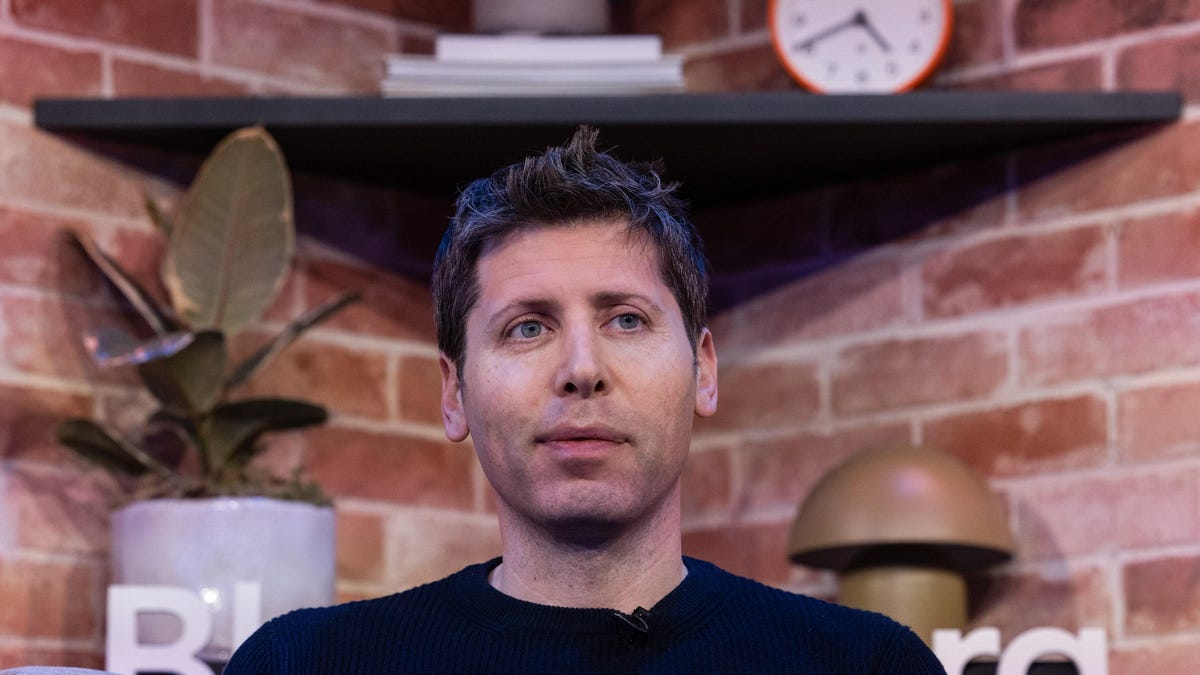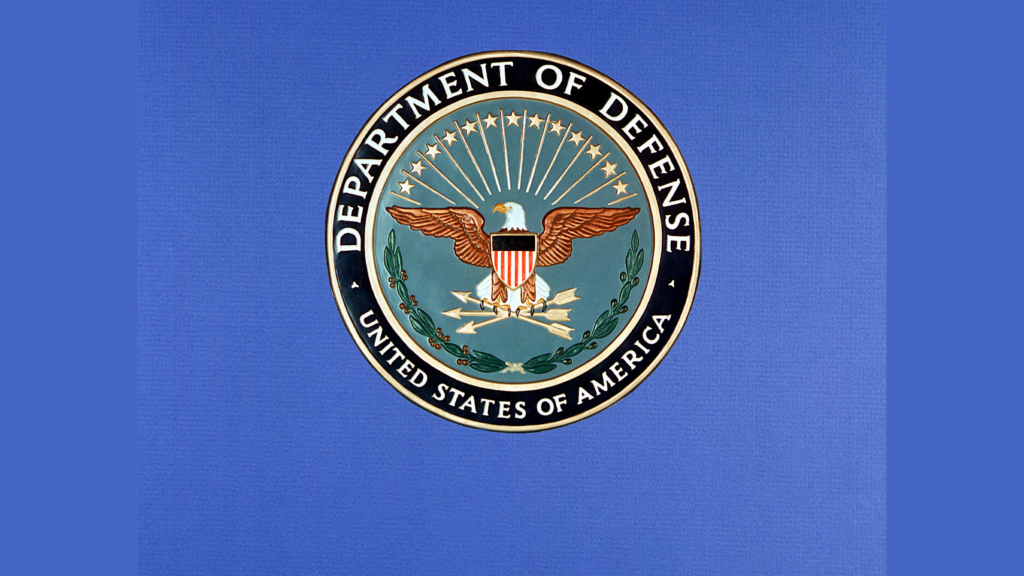The Financial Times Partners with OpenAI for Content Licensing Deal
The Financial Times recently announced a strategic partnership with OpenAI, a leading AI company, to license its premium journalism content. This collaboration aims to enhance the training and information provided by ChatGPT’s models, solidifying OpenAI’s position as a key player in the digital content distribution landscape.
Driving Forces Behind the Deal
Joining the likes of Axel Springer and the Associated Press, The Financial Times has recognized the value of leveraging OpenAI’s advanced technologies to enrich its journalistic offerings. By entering into this partnership, publishers gain access to a prominent platform within ChatGPT’s ecosystem, ensuring the widespread dissemination of their content.
OpenAI’s approach to content acquisition has raised questions about the boundary between utilizing publicly available data and respecting intellectual property rights. While the company has paid for certain datasets, including those from reputable sources like The New York Times, it has also incorporated web-scraped content without compensation.
Challenges and Legal Implications
One of the primary concerns surrounding OpenAI’s licensing deals is the potential impact on the traditional media business model. By allowing AI algorithms to access and analyze their content freely, publishers risk undermining their revenue streams and market relevance.
Legal experts, including prominent attorney Matthew Butterick, have underscored the ethical dilemmas inherent in AI companies’ practices. Butterick’s ongoing copyright lawsuits against industry giants highlight the growing tension between innovation and intellectual property protection.
The debate over whether AI’s transformative use of copyrighted works qualifies as “fair use” remains unsettled. As AI technologies evolve, the legal and ethical framework governing their operations will require constant scrutiny and adaptation to safeguard creators’ rights.
Future Implications and Industry Response
While OpenAI’s content licensing agreements offer publishers a pathway to harness AI technologies for content distribution, the long-term consequences of these partnerships remain uncertain. The evolving landscape of AI-driven media presents both opportunities and challenges for content creators and distributors.
As tech companies grapple with the ethical implications of AI training data acquisition, industry stakeholders must prioritize transparency, regulation, and fair compensation practices. The evolving narrative surrounding AI’s role in content creation underscores the need for collaborative dialogue and proactive measures to uphold the integrity of intellectual property rights.
Image/Photo credit: source url





